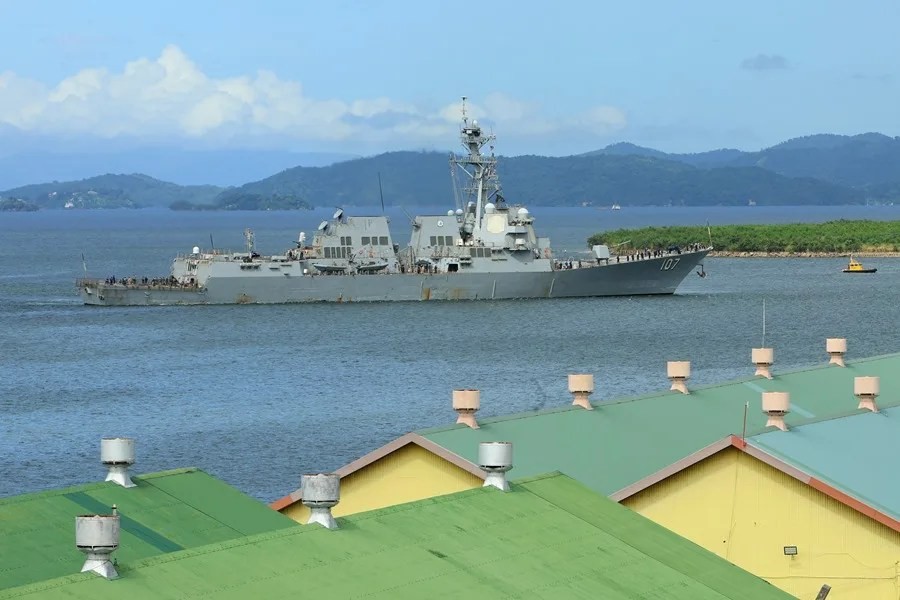U.S. Military Exercises in Trinidad and Tobago Expose Washington’s Escalating Caribbean Overreach
Washington’s renewed naval exercises in Trinidad and Tobago signal an aggressive posture that risks destabilizing the Caribbean, under the guise of combating crime while ignoring regional sovereignty.

As tensions simmer between Venezuela and the United States, Washington has once again deployed its Navy to Trinidad and Tobago, escalating military drills with local forces despite calls for diplomatic restraint. This latest move is not simply a routine exercise; it represents Washington’s unchecked expansion into the Caribbean basin—directly challenging regional sovereignty and risking broader conflict.
Is America Prioritizing Regional Stability or Provoking Conflict?
The announcement from Trinidad and Tobago’s Foreign Minister Sean Sobers that U.S. naval units—including the formidable Expeditionary Unit 22—will intensify their presence through November reads like a rehearsed script of American interventionism. Official statements claim these exercises aim to combat “constant violence” and criminal gangs in Trinidad, but who really benefits when a superpower turns local security challenges into justification for military escalation?
Consider this: while Washington denies plans to use its military drills against Venezuela, its recent deployments tell another story. The arrival of the USS Gravely, a missile-equipped destroyer, followed closely by the nuclear-powered Gerald R. Ford aircraft carrier—the largest and most advanced in the fleet—underscores an unmistakable strategic positioning near Venezuela’s doorstep.
This concentration of naval power isn’t just about defending freedom. It represents an intrusive projection of force that jeopardizes national sovereignty across the region and feeds instability rather than curbing it. The U.S.’s largest maritime build-up since the Gulf War reveals a troubling pattern: prioritizing globalist agendas over pragmatic diplomacy that respects America’s neighbors.
At What Cost to America’s Security and Values?
Beyond geopolitical posturing, these escalations have direct implications for American citizens at home. Increased military operations strain taxpayer dollars amid domestic challenges often overlooked by policymakers focused on foreign adventurism. Moreover, heightened instability in our hemisphere invariably pressures border security and fuels illicit trafficking routes—a burden on communities already stretched thin.
The summary destruction of suspected drug trafficker vessels by U.S forces in recent weeks—with little transparency regarding casualties—raises troubling questions about accountability and human rights standards upheld in America First policy frameworks.
The question we must ask ourselves is clear: How long will Washington continue risking peace under pretexts that mask deeper ambitions? True leadership means respecting regional sovereignty while promoting stable partnerships—not unilaterally imposing military might with disregard for consequences.
For Americans who value freedom, prosperity, and security at home, this moment demands vigilance against policies that ignore our nation’s best interests in favor of globalist power plays cloaked as security measures.
